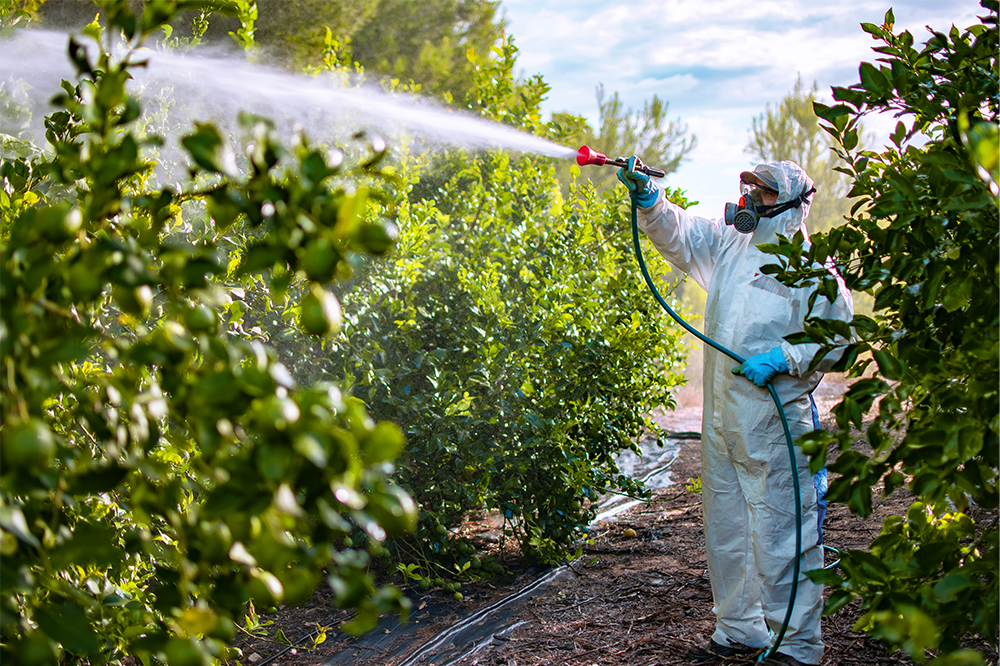Food imported into Great Britain may pose a greater risk to consumer health than domestically grown produce, according to Pesticide Action Network UK.
The most recent testing by the UK government detected 46 pesticides with links to cancer on imported produce, compared to 19 on food of UK origin, for example. The results were “mirrored” by other pesticides of concern, said PAN UK.
Between two and three times the number of both “developmental or reproductive toxins” (which negatively affect sexual function and fertility) and neurotoxins (impacts the nervous system) were detected in imports when compared to UK produce. Imported food was also found to contain more than double (29 to 12) the number of endocrine disrupting chemicals which can interfere with hormone systems.
Five PFAS pesticides were present in UK-grown food, and 12 in imports. The so-called “forever chemicals” have been linked to a range of serious health problems including increased risk of cancers and lowering of the immune system’s ability to fight infections.
“The UK government is allowing larger amounts of chemicals to appear in an ever-growing list of common food items,” said Nick Mole from PAN UK.
PAN UK also released its annual ‘Dirty Dozen’ which lists the produce most likely to contain cocktails of multiple pesticides. Topping the list this year is soft citrus, which includes satsumas, tangerines and clementines.
Despite some food items showing residues of up to 12 different pesticides, government safety limits continue to be set for just one chemical at a time, which ignores evidence that chemicals can become more harmful when combined, according to campaigners.
Looking beyond the dozen, 31% of food grown in the UK contained more than one pesticide while for imports the figure was 55%.Three times the amount of imported produce was found to contain levels of individual pesticides that exceed the UK’s legal safety limits. Indian beans were the most problematic, noted PAN UK, with “illegally high levels of residues detected in 10 of the 25 samples tested”. The UK is in the midst of negotiating a trade deal with India.
Imported food was also found to contain residues of 48 pesticides that are not approved for use by British farmers, handing foreign growers a competitive advantage.














